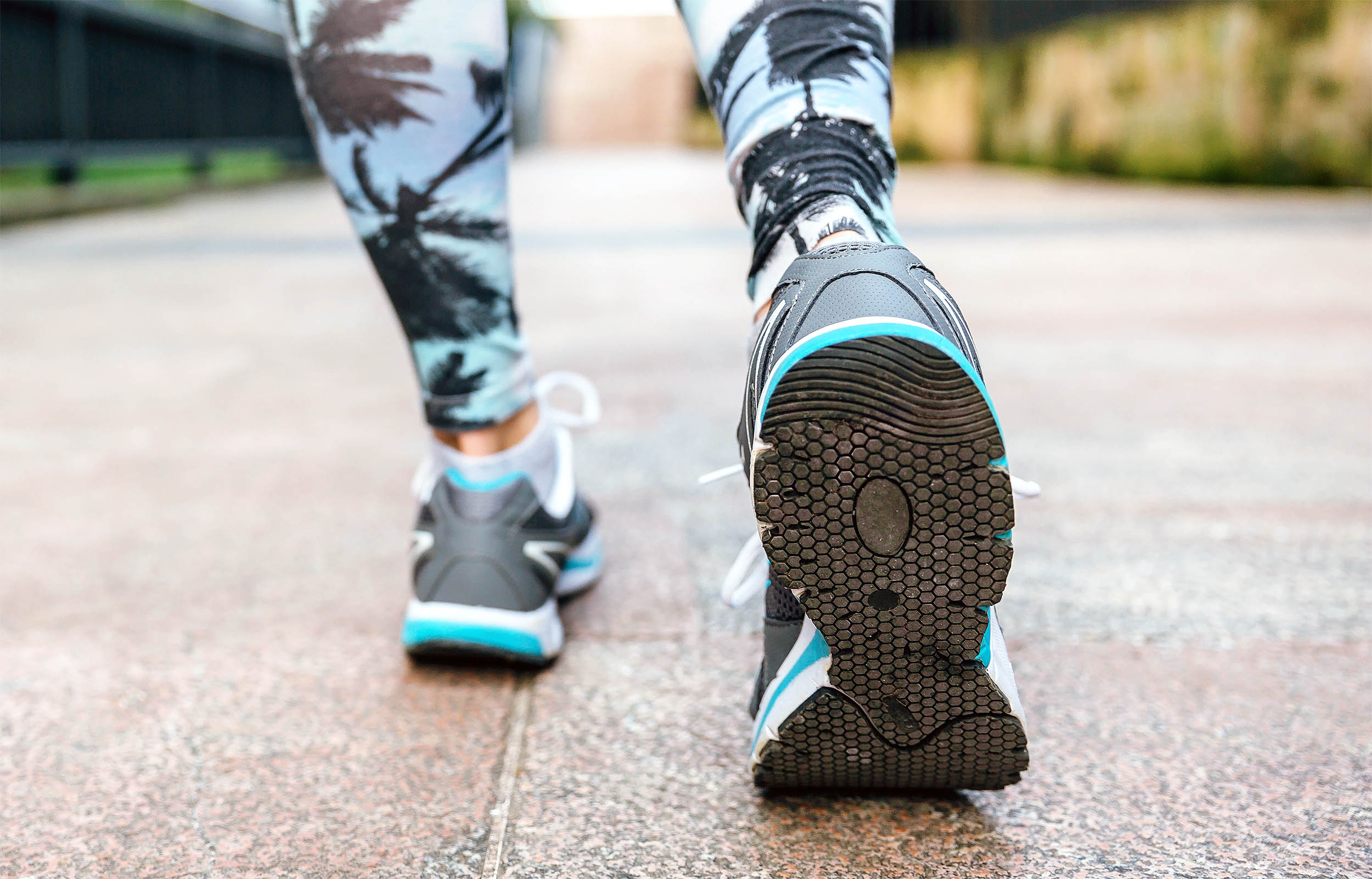Updated on: Aug 09, 2025 06:28 pm IST
It’s not just about the number of hours, you also need good quality sleep. If your sleep is light, know the essential habits that help get better quality sleep.
Sleep is restorative for overall wellbeing, acting as the bedrock for good health. But when sleep gets compromised, the ripple effects can be felt throughout the body and mind. This is where your habits leading up to bedtime count. Sleep is more than just clocking in the recommended eight hours; the quality also matters, substantially.

Despite getting the recommended hours of sleep, if you are still tossing and turning, changing sides, flipping pillows to the cold side, or counting sheep to fall asleep, then the quality of sleep may be poor. Let’s take a closer look at what may help you sleep better.
Dr Waseem Ud Din, Consultant Pulmonologist at Ujala Cygnus Group of Hospitals, told HT Lifestyle about the value of sleep hygiene. He elaborated, “Sleep hygiene refers to the daily habits and environment that support deep, restorative sleep. It’s not just about getting eight hours, it’s about setting up your body and mind to sleep well. When sleep suffers, everything from focus and mood to immunity can take a hit.” Certain habits help in preparing the body and mind to achieve deep, restorative sleep.
Dr Waseem shared 5 habits that you need to make a note of if you are seeking deep sleep:
1. Regularly changing pillow covers and bedsheets

- Clean your pillow cover and bedsheets every week to prevent the buildup of dust, sweat, and allergens.
- These irritants can lead to skin discomfort and sinus problems that interrupt your sleep.
- Keeping your bedding fresh not only feels better but also helps create a healthier sleep environment.
2. Go to bed and wake up at same time
- Go to bed and wake up at the same time every day, including weekends.
- This consistent routine helps regulate your body’s internal clock and improves the quality of your sleep.
3. No screen before bed
- Blue light from phones, tablets, and TVs can disrupt melatonin production, making it harder to fall asleep.
- Turn off screens at least one hour before going to bed.
4. Turn your bedroom dark

- Keep your bedroom dark, cool, quiet, and clutter-free.
- Using blackout curtains or white noise machines can further promote restful sleep.
5. Avoid caffeine or heavy meals before bed
- Caffeine can stay in your system for hours.
- Heavy food may cause gut discomfort that disrupts sleep.
- Opt for lighter meals earlier in the evening.
Note to readers: This article is for informational purposes only and not a substitute for professional medical advice. Always seek the advice of your doctor with any questions about a medical condition.

Catch your daily dose of Fashion, Taylor Swift, Health, Festivals, Travel, Relationship, Recipe and all the other Latest Lifestyle News on Hindustan Times Website and APPs.
Catch your daily dose of Fashion, Taylor Swift, Health, Festivals, Travel, Relationship, Recipe and all the other Latest Lifestyle News on Hindustan Times Website and APPs.
Source link


